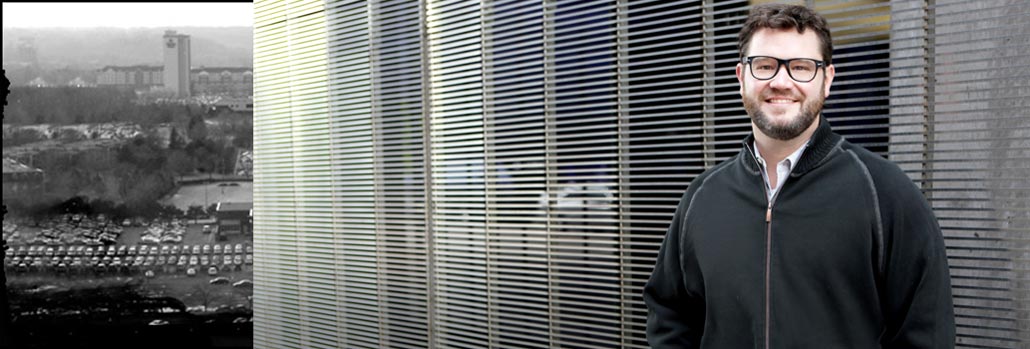Drug Courts – Using the Criminal Justice System to Combat Addiction and Promote Recovery
Home – Practice Areas – Blogs - Drug Courts
Justice System Used to Stem Substance Abusers Crimes
The association between criminal behavior and drug addiction is not new. During the crack cocaine epidemic of the late 1980s, judges, prosecutors, attorneys, health care professionals, probation officers, community organizations, and law enforcement officials all recognized that many crimes were being committed by substance abusers as a means to fuel their addictions.
A 1989 Florida study found that while 53% of the state prison population had substance abuse problems, only 15% were receiving treatment. The study also found that these untreated addicts were most likely to re-offend. The nation’s first drug court was established in Miami-Dade County, Florida that same year.
Drug courts use judicial authority to change the behavior of non-violent offenders with substance abuse problems by rewarding abstinence with dismissed criminal charges or reduced sentences. This new approach differed from the traditional court model of incarceration and probation, which seldom provided substance abuse treatment and often provided no threat of sanctions for continued drug use beyond punishment for new crimes.
These new courts were designed to address a public health problem by shifting the emphasis from the ‘war on drugs’ to addressing the underlying demand for drugs through the addiction treatment.
The typical structure of drug courts includes regular ‘check-in’ court appearances, intensive supervision by probation agents including random drug and alcohol testing, immediate sanctions for violations, and incentives to reward abstinence.
Since 1989, drug courts have spread throughout the country; there are now over 1,600 such courts operating in all 50 states.
The Minnesota drug court was established in Hennepin County in 1996. Following the increase in methamphetamine-related crimes as well as the opioid epidemic, the number of drug courts statewide has increased to 20 including:
Anoka County (Established 2016);
Beltrami County (Established 2019);
Carlton County (Established 2014);
Carver County (Established 2019);
Crow Wing County (Established 2006);
Dakota County (Established 2008);
Eighth Judicial District (Established 2014);
Faribault-Martin-Jackson Counties (Established 2006);
Goodhue County (Established 2019);
Hennepin County (Established 1996);
Mahnomen County-White Earth Nation (Established 2013);
Mille Lacs County (Established 2019);
Morrison County (Established 2014);
Ramsey County (Established 2002);
Rice County (Established 2014);
Roseau County (Established 2017);
Scott County (Established 2016);
St. Louis County - South (2002);
Stearns County (Established 2002); and
Wright County (Established 2016).
Since their inception nearly 25 years ago, drug courts in Minnesota have proven to be successful in the following ways:
- Reducing repeat offenses;
- Improving the overall health of drug court participants;
- Improving public safety by reducing crime in the community; and
- Saving taxpayer dollars through treatment solutions rather than incarceration.
Over the years, the Minnesota drug court model has expanded to other ‘treatment courts,’ including DWI Courts, Family Dependency Treatment Court, Juvenile Drug Court, Mental Health Court, and Veterans Court, with promising results.
As with drug courts, the goal of treatment courts is to provide enrollees with treatment opportunities that can end the cycle of criminal recidivism and successfully treat their chemical dependency and mental health issues that brought them into the criminal justice system in the first place.
















